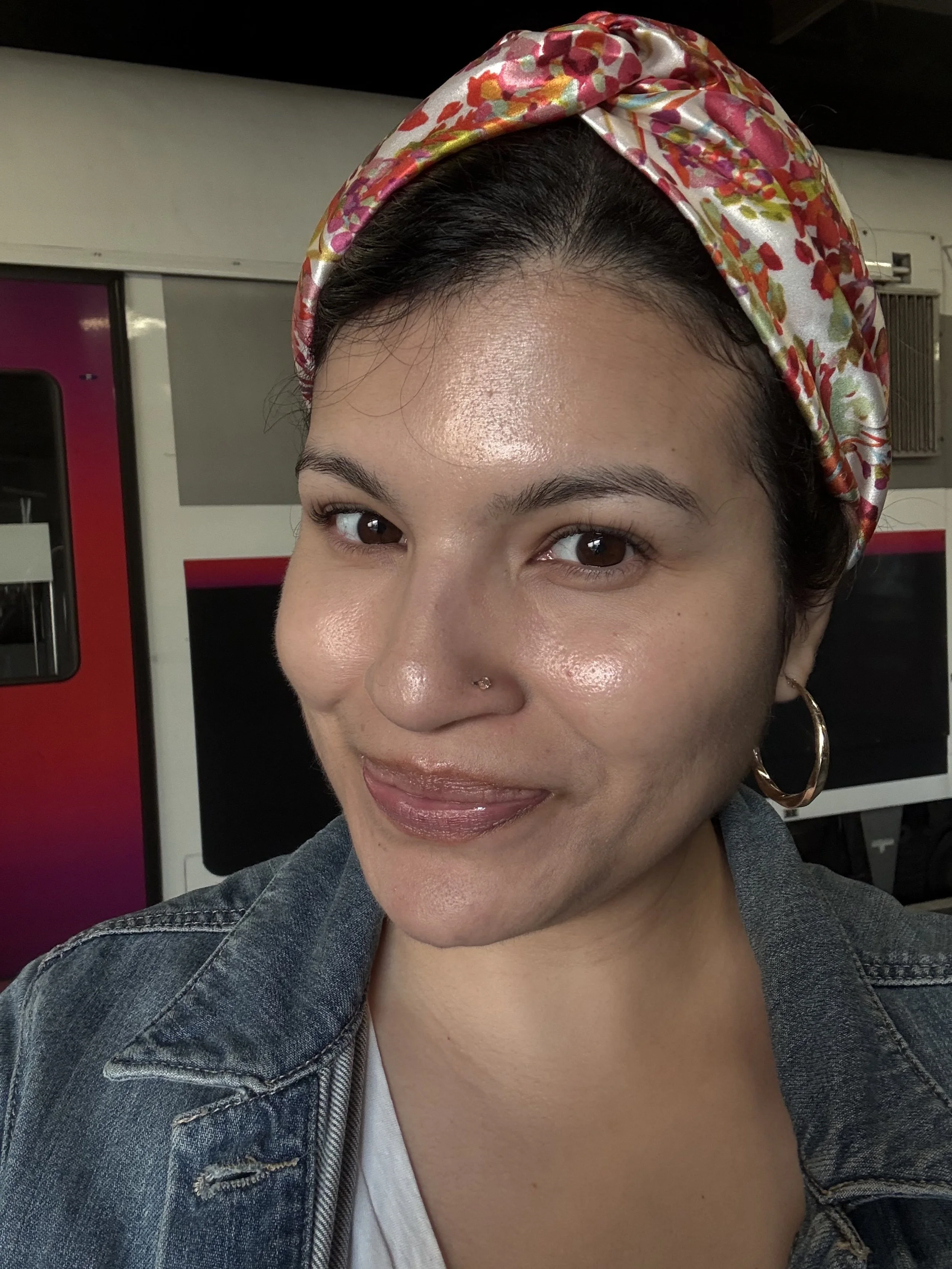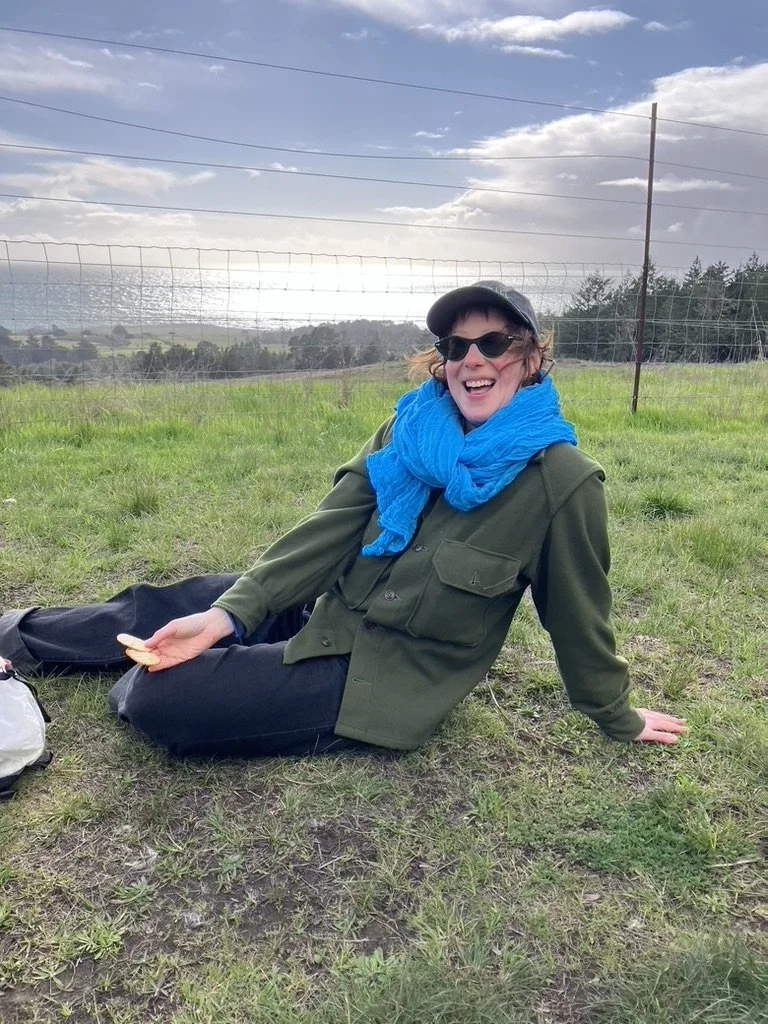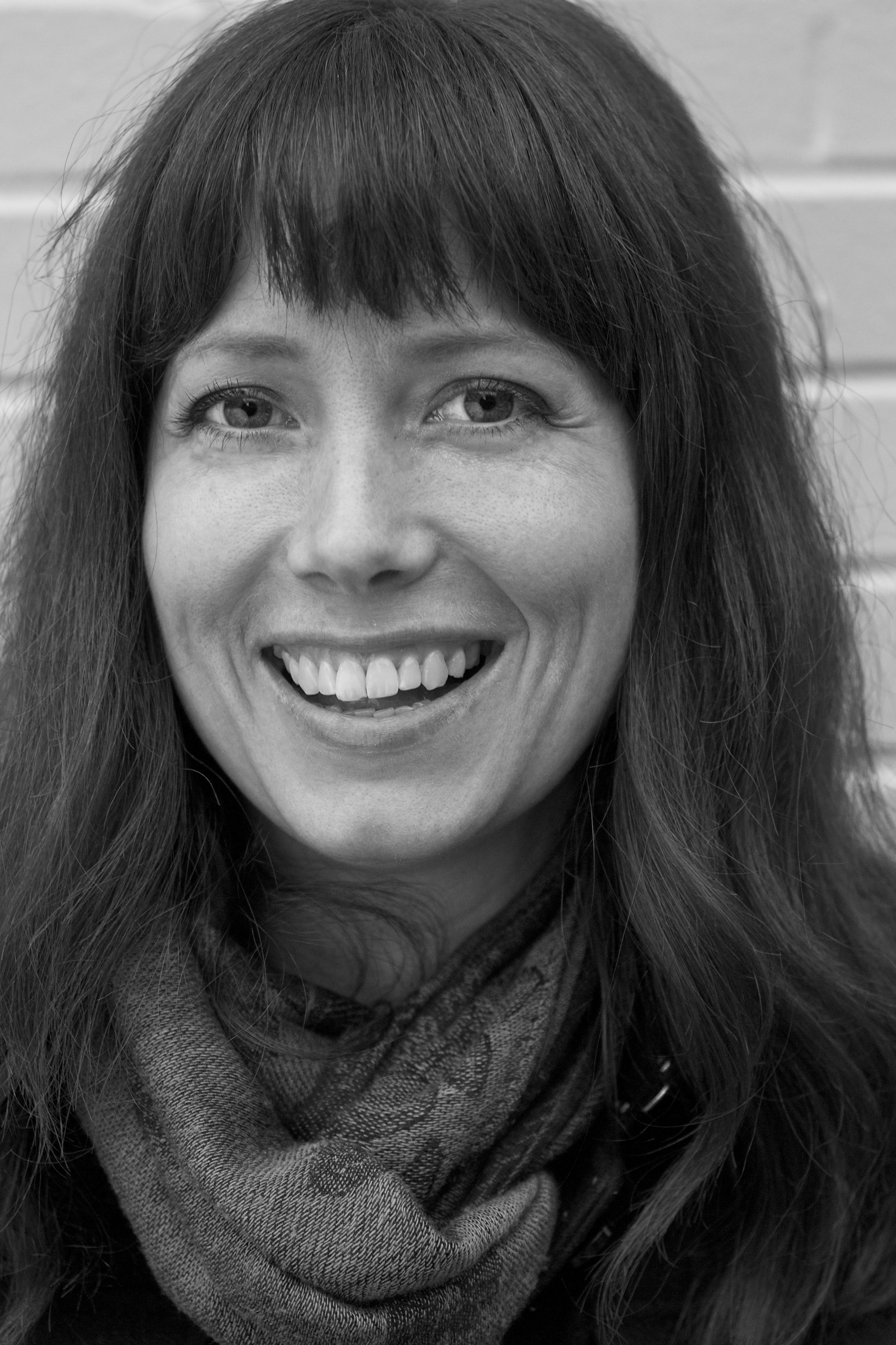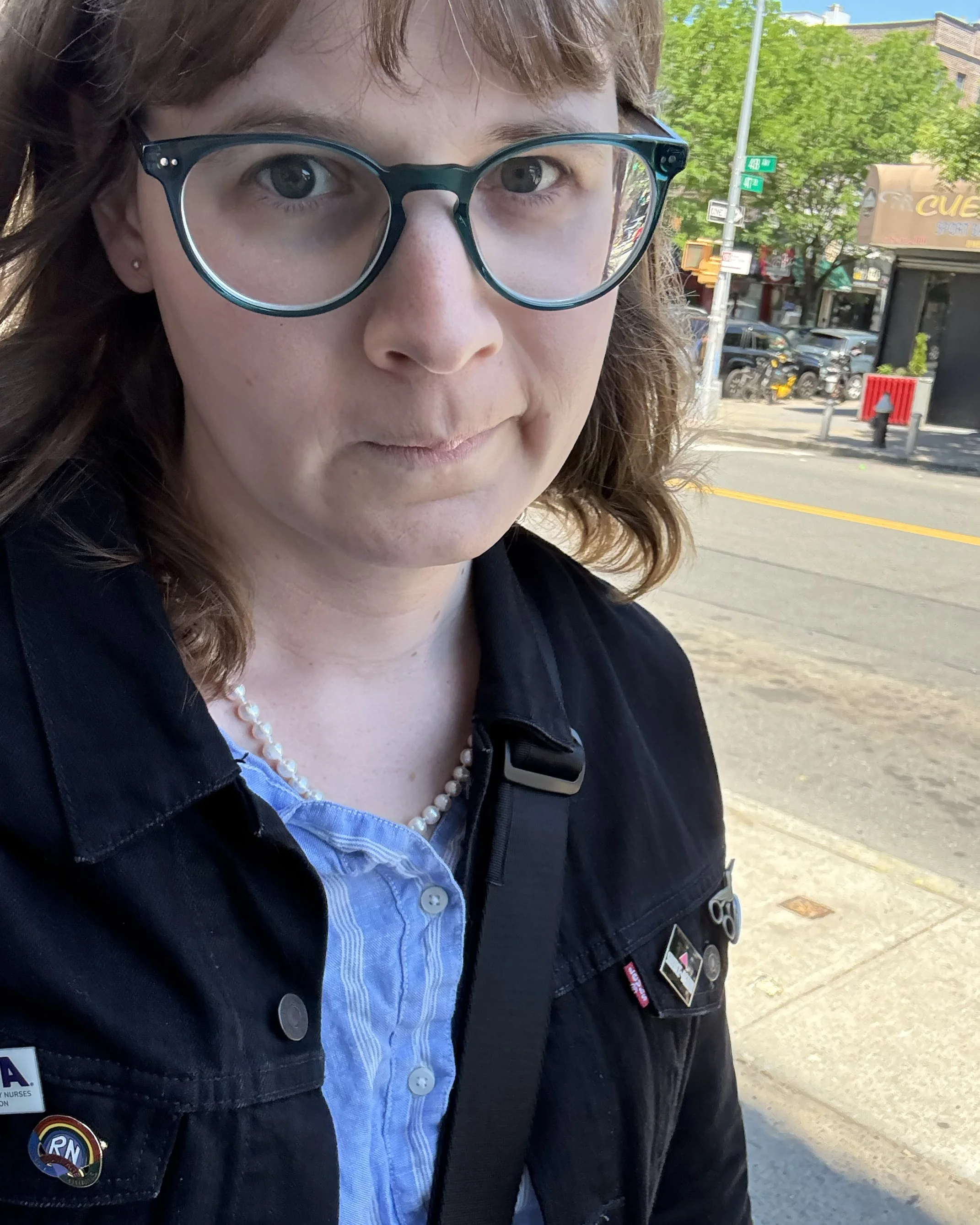
About Us
Who Are We?
We are gathering as a new community of life-giving practice in the Christian tradition. Practice means we do things together—and we do them on purpose: we breathe, we sing, we open our hearts in prayer, we listen to ancient wisdom and seek its meaning for us today. We listen to each other, and we hold each other’s stories with tenderness. We dig in the dirt. We root down into what is most true, most worthy of our love and our lives. We show up in solidarity, we pay attention to art, we share Communion; we give of our gifts and passions to nourish this neighborhood.
We do these things because they help us enact what Jesus called “the kingdom of God:” a way of living together in which everybody is given what they need to heal, to grow, to flourish, to contribute their unique gifts to the greater good. And nobody gets left out or pushed down. In this community, when we say that we seek to follow Jesus, we mean that we seek to practice a love that embraces difference, that seeks solidarity with the marginalized and the liberation of the oppressed, a love that transforms both lover and beloved. This way of life posed a radical challenge to the social, political, and economic order of Jesus' day—and it remains just as radical today.
As a community of practice, we are glued together by what we DO to be transformed by love—not a checklist of beliefs. You belong here if you have deep theological convictions, and if you don't know what to think. This is a community for people who doubt, and for people who are wondering what faith might look like that includes doubt, includes risk. This is a community for people who are deconstructing and reconstructing: because both are part of learning and growth. This is a community for people who love the diversity of this neighborhood: for people in interfaith families who know that their loved ones don’t need to become Christians to become “good,” for parents seeking to invite their children into something life-giving, full of awe and wonder—and who are seeking the same thing themselves.
We are grateful inheritors of the legacy of All Saints Episcopal Church in Sunnyside, which was founded in 1928, and was closed in 2020. As we follow the Holy Spirit into new forms of faithfulness, we are also deeply aware that we follow in the footsteps of those who came before us, and who nourished this neighborhood for generations.
What is the Episcopal Church?
The Episcopal Church traces its roots back to the English Reformation, from there and on back to the first followers of Jesus. We are sponsored by the Episcopal Diocese of Long Island, which is the most diverse diocese in the Episcopal Church, and is actively pursuing justice, reconciliation, and repair.
The Episcopal Church cherishes the ancient Christian wisdom and practice that has been passed down to us. We are a "liturgical" tradition: we are formed by practice—by what we do, by rituals that mysteriously form and transform us. If you’ve been to a Roman Catholic church, you’ll recognize some of our ways of praying and the forms of our services. If you’ve been to Protestant or evangelical churches, you’ll recognize our attention to scripture and our embrace of God’s faithfulness and grace.
At the same time, the Episcopal Church has taken a number of "progressive" stances on theological and political issues. For example, we are fully affirming of queer and trans folks; we see in queer life and love an image of God. We ordain and appoint to leadership people of every gender, sexual orientation, race, and ability. Why? Because God delights in diversity, and because we rejoice to see the full expression of each other’s gifts.
We are falling down and failing all the time. But we continue to practice faithfulness. We continue to seek that horizon that Jesus called “the Kingdom of God:” a way of being in which everyone has what they need to heal, and grow, and share their burdens and gifts with a caring community. In all that we do, we seek to be faithful to that love revealed in Jesus.
Who is Father Carl?
The Rev. Dr. Carl Adair (he/him) is gathering this new church—this new community of Christian practice. His passion is to help create spaces where people feel seen and known, where they are opened to awe and wonder, where their pain is held and their gifts are cherished, where they feel empowered and supported to grow into greater integrity. Father Carl writes:
I have had a long, complicated, sometimes painful and sometimes healing relationship with the Christian tradition. I guess when it comes down to it, I am sustained in my practice as a follower of Jesus by experiences of love that have broken my heart open. The symbols, rites, and language of church are all messy and problematic, but they are—for me—a way to be faithful to that love that continually exceeds my imagination and control: the love that I call God. I’ve been part of churches that supported me, but only so far—and my dream is that we can cultivate a community where every person belongs just as they are, and where we root for each other as we become the people we’re called to be.
For the last three years, Carl has served as the assistant rector at Zion Episcopal Church in the Douglaston neighborhood of Eastern Queens. There he led small groups, wrote and directed Christmas pageants, produced a podcast, and led the Zion History Project, which seeks justice and reconciliation through truth-telling about the 43+ people that Zion's founders enslaved, and about Zion's complex relationship to the Matinecock people, on whose ancestral land Zion was built.
Before becoming a priest, Carl worked in the restaurant industry, and as a teacher’s aide for students with disabilities; he also earned a PhD in English Literature and taught college English in two New Jersey state prisons. His call to the Episcopal priesthood was kick-started by falling in love with an atheist—the audio journalist and artist Meg Cramer (he’ll tell you the story sometime). They moved to Sunnyside in the summer of 2021, and their daughter Judy joined their interfaith family in February 2022.
Carl would love to hear from you—and the best way is via email.
Who is our leadership?
Mari Cardenas (she/her) is a Queens-born and raised lawyer in NYC who spends her free time doing pottery and playing with her two dogs. She is passionate about social justice and is excited to continue building a welcoming community centered around faith.
Amelia Schonbek (she/her) spends most of her time writing, singing, talking to people, swimming, and biking around. She is interested in how and why people reinterpret old rituals, and is excited to experiment with new ways of fostering spiritual community in Sunnyside.
Charlie Boatner (he/him) comes from a long line of Episcopalians. He is excited about opening up the tradition and asking people what they want in a church. He enjoys the innovative services and gatherings and looks forward to what’s next.
Denise Fillion (she/her) is a Sunnyside resident, communications director, and intermittent pianist with an affinity for niche history and politics podcasts. She is energized by being part of a Christian community that truly seeks to embody the call to love our neighbors as ourselves—a community shaped by thoughtfulness, creativity, and care.
Lila Klatz (they/them) is an educator and artist who researches how we relate to one another, ourselves, and the world around us. They currently work with the Relationship Abuse Prevention Program and are a mentee of the Institute of Social Ecology. Lila is a lifelong Queens resident who is excited to steward queer faith and community in Sunnyside.
Spence Moore (she/her) likes to roll up her sleeves to do the work of the Gospel. She is the founder and facilitator of Iced Coffee Hour: a group celebrating the intersection of queerness and spirituality. She’s excited for this mission to grow into a place that is truly for everyone in Sunnyside.
Eric Silberberg (he/him) is a librarian at the City University of New York. He is excited to be part of a mission that brings neighbors of all backgrounds together in fellowship.









